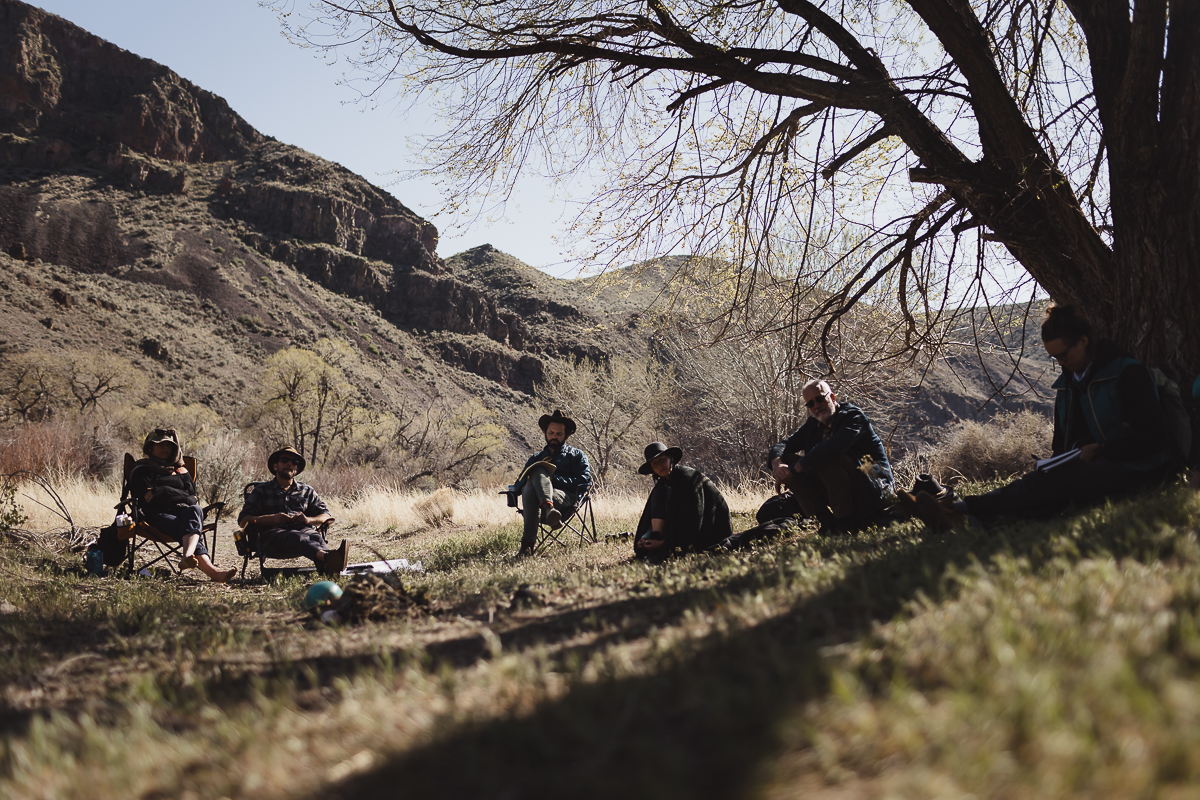When organizations can't transform
Empowerment comes from understanding the widest spectrum of possibilities for embracing power.

We've had a number of client conversations with leaders and organizations seeking to "flatten out" their organizations, with educators seeking to be less "hierarchical," and with change-makers fighting the tragic symptoms of "patriarchal" power structures in their workplaces and communities.
We often enter the conversation with a simple question: "Why?"
Because most of us have only known hierarchical systems of positional power in schooling, politics, organizations, and even our families. We know the challenges these systems face. They are easy to criticize and to fight against. But what's on the other side?
Having worked in the field of organizational, social, and personal change for decades, we have been fortunate enough to see the good and bad of both styles of leadership.
From empowering, caring, and nurturing leaders in hierarchical systems to toxic and manipulative figures in "flat" organizations and networked communities*.
What so many change-makers at all levels of organizations miss is addressing the destructive and disempowering possibilities of hierarchies.
These powers are at play in systems and structures, yes, and these systems are perpetuated by individuals who are often unaware of the psychological, positional, and situational causes and effects of their power.
More often than not, the technical (i.e. structural) systems change that leaders seek is an attempt at avoiding the deeper (i.e. adaptive) issues of power at play in the system and its parts.
Step 1
To address this, before we move toward any systemic change, we kickoff our work by training leaders, staff, and community members in deep, situational, and ecological listening—to become aware of and expand their thinking and understanding of internal and external environments.
Step 2
We then move to step 2, which includes the concept of radical inclusivity of not just race, gender, and identity but also of opinion and perspective. We then train in tools, processes, and principles that reconcile tension into new solutions and mindsets that can include vast differences as part of a new whole.
Only after this work is done can we move to explore structural change that is an outgrowth of this inner work of organizations and their people.
Step 3
The last step is a survey course on different types of power and their uses, decision-making in groups (i.e., why, what, when, and how), and new-paradigm models of guiding organizations in times of rapid, disruptive, and global change.
--
*For a great read on the latter, check out: "How Flat Organizations Become Toxic" by Julia Diamond, and reach out to us if you're interested in a Diamond Power Index 360 for you or your leaders
Send me the latest blog post

More posts
Beyond Listening Series: Sharpening the Blade — Seeing the World at the Edges


Beyond Listening


Fierce Hope


Found


Stay in Touch
Sign-up for the Open Circle newsletter to receive updates on upcoming classes, events, and much more.





